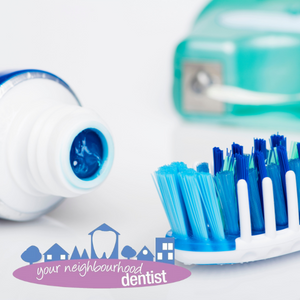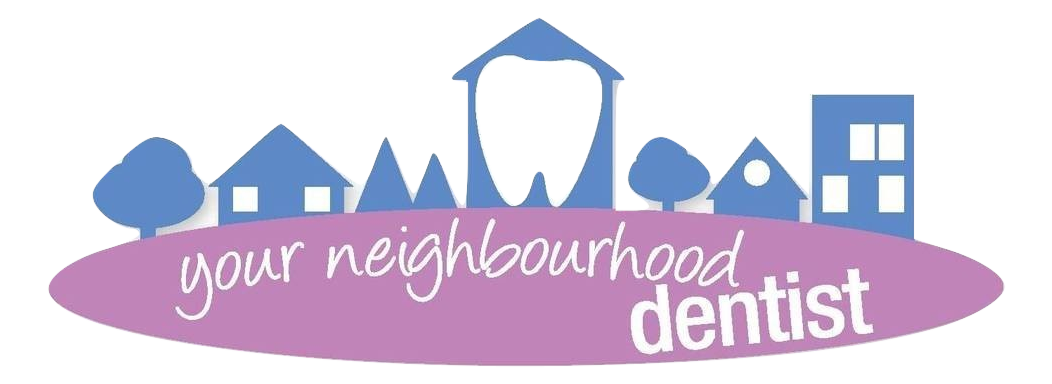What’s Behind Halitosis or Bad Breath?
Has wearing a mask during the pandemic made you suddenly realize you have bad breath? You’re not alone.
According to the Academy of General Dentistry, up to 80 million people have chronic bad breath (also known as Halitosis). It is something that diligent oral care from flossing, mouthwash, or gum just can’t solve. Unlike common morning breath or a pungent odour that comes with certain foods. Halitosis that can’t be easily reversed with a thorough brushing. Instead, it remains for an extended period, weeks or sometimes months.
It’s important to note that Halitosis is more than a social problem that can be solved with cleaning or a visit to a cosmetic dentist. It can often indicate a more serious problem.
To understand the cause of chronic bad breath, visit our trusted Leaside dentist team Before you make a run for the mints or mouthwash. Here are some reasons why your breath may smell and what you can do about it.
Dental Hygiene – You’re not brushing or flossing properly
Poor dental care is the leading cause of bad breath. Brushing and flossing ensure the removal of small particles of food that can get trapped between your teeth and under your gums. Bacteria then slowly break down the food to produce putrid gasses that smell like rotten eggs (or worse)!
The good news is that the remedy is easy – by brushing your teeth twice a day and flossing daily, you can easily fix the cause of this type of bad breath. Don’t forget to also brush your tongue and cheeks while you’re in there. Mouthwashes, mints and gums will only cover up the odour temporarily, but unfortunately, they do not reduce bacteria. Comprehensive oral hygiene will affect not just your health but also the way you feel in social situations. For further smile enhancement and confidence, you can explore veneers and teeth whitening with our experienced cosmetic dentist team.
Diet – You ate or drank something smelly.
Onions. Garlic. Coffee. Eggs. Fish. These are just some foods we eat that can easily cause bad breath. They contribute to stinky breath by releasing sulphides. Sulphur, as you may know, smells like rotten eggs.
Again, while mints and mouthwash can mask the stench, these odours can actually stay in our system until the food works its way through our bodies. The allyl methyl sulphide in coffee, onions and garlic can stay in our bloodstream and be expelled through our breath nearly 3 days after its initial consumption.
Foods like lemons, parsley and crisp fruits and veggies such as apples or carrots can stimulate saliva production, which can help wash away impurities in our mouths. Water also helps, while caffeine actually slows the production of saliva and dries our mouth.
Too much sugar – Blame your SWEET tooth!
The bacteria in our mouths love sugar – so think twice the next time before you eat that sugary candy or cookie. Sugar makes bacteria multiply and grow. Not only will this be an issue with bad breath, but the bacteria, if left on the teeth over time, will remineralize teeth and cause cavities. To prevent damage from sugar and acid, try to minimize sweets or, if you must, substitute with plain dark chocolates that contain much less sugar than other offenders. You should also keep up with your semi-annual exams at Your Neighbourhood Dentist in Leaside or Davisville, Toronto.
Tobacco or Alcohol – things that dry out the mouth!
If you smoke, you probably already know that the smell of tobacco clings to you and your clothes, but especially your breath. Hot air from the smoke dries your mouth. The loss of saliva and tobacco odour is the primary cause of the infamous “smoker’s breath.” But what about chewing tobacco? Not only will chewing tobacco stain your teeth, but your gums will be affected, and your breath will inevitably stink.
The solution? You know.
Wine, beer and cocktails all contain alcohol which dries the mouth. Not to mention, wines and many cocktail mixers also contain sugars! Those sweet-toothed bacteria will love you!
Fight back by sucking on sugar-free candies or chewing gum to stimulate saliva production. Also, don’t forget to drink water and brush and floss as soon as possible. Ironically, many types of mouthwash contain alcohol, so read the labels and select one that will help reduce bacteria without drying out your mouth.
If you’ve decided to quit smoking and reduce alcohol consumption, you can follow up by brightening your smile with veneers and tooth-whitening services. Our cosmetic dentist, Dr. Carrie, has the tools and experience to enhance the health and look of your smile.
You may have an underlying medical condition.
Bad breath can also be an early sign of an underlying disease that may not yet have outward symptoms. Gastroesophageal reflux disease (GERD) can easily cause bad breath due to the reflux of stomach acids into the mouth. Cancers, liver failure and other metabolic diseases can cause Halitosis due to the specific mixes of chemicals they produce.
Visit Your Local Dentist in Leaside & Davisville
Make sure you keep your regular dental checkups and talk to your trusted dentist if you are experiencing Halitosis, who will help you address the possible causes and develop an actionable solution. But of course, don’t forget to schedule your medical examinations as well!












